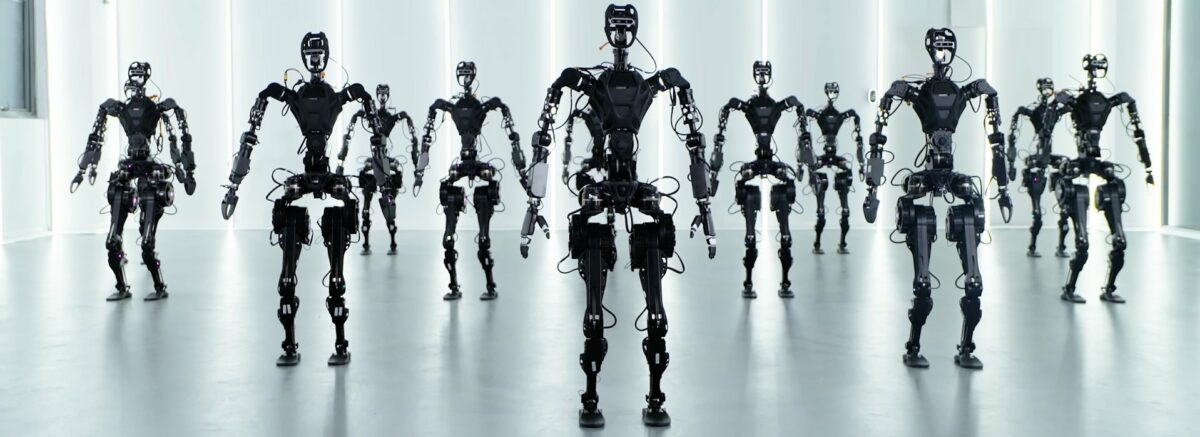by Shelt Garner
@sheltgarner
There are a few things we have to take into consideration before we think about Trump’s second term. The first is, we have to work on the basic assumption that Trump is simply going to ignore the Supreme Court if they rule in any way he doesn’t like.

So, if he fires several hundred thousand civil servants using his Schedule F idea, then, lulz, he’ll just do it no matter how much SCOTUS rules against him. He will invoke Andrew Jackson and go about his business.
Another issue we have to think about is the total fucking chaos Trump is going to cause when he begins to build out the infrastructure necessary to put millions of undocumented people in concentration camps. Just providing these people with food and housing will be a logistical nightmare.

What’s more, I have serious doubts with the idea that a variety of other people that Trump doesn’t like — everyone from trans people to loudmouth cranks like me — won’t find themselves in any sort of dragnet that Trump begins to employ across the country.
And I’m sure there are all sorts of bonkers counter-revolution things that Trump will do as early as possible in 2025. One key issue for me is if Trump will have the abstract thinking ability to propose a Constitutional Convention that would pass Amendments that would make America a white Christian ethnostate. It could be he will be so stupid that he just announces that he’s going to stay in office the rest of his life because “he deserves it.”

No matter what happens if Trump wins in 2024, we have to accept that the U.S. Military will ultimately decide the country’s fate. If the country collapses into chaos, whomever can convince the U.S. Military to take their side will determine who has power.
Of course, there’s a non-zero chance that not even the U.S. Military will stay stable. It, too, could collapse for a variety of reasons. Then you have WMD that might begin to be lobbed here and there across the country in the context of a global WW3 erupting.
Good times!
I just don’t know what to tell you. It could be that Biden wins and we muddle through another four years. But….I have my doubts.







You must be logged in to post a comment.